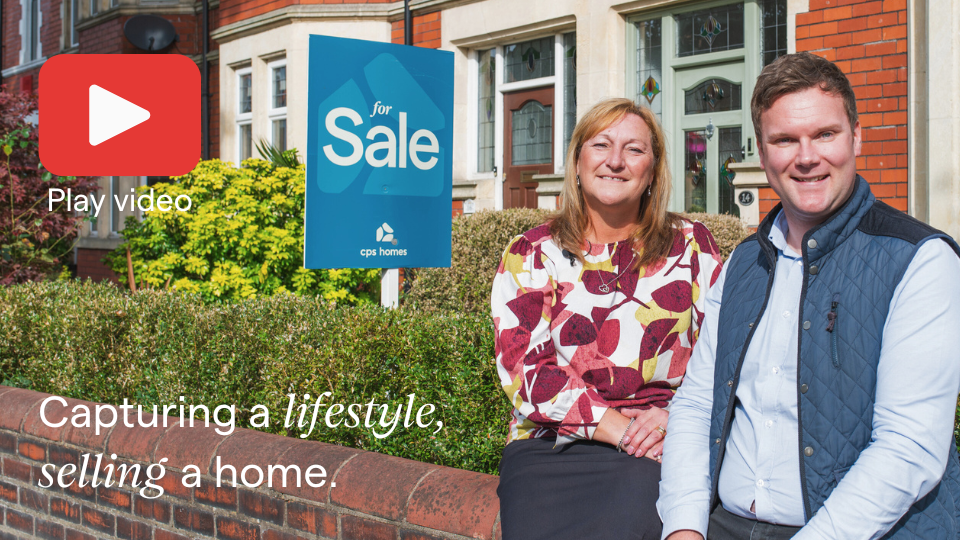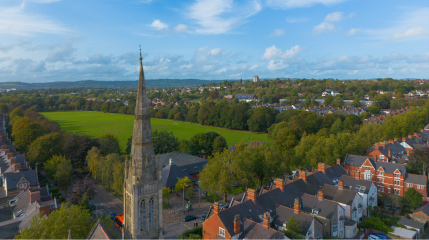
10 questions to ask at a property viewing
So you've landed a viewing for what could just be your dream home. Time to get excited...and prepared! In a busy marketplace where there are multiple interested parties attending each open house, viewings are likely to last just 20-30 minutes. Asking questions isn't nosy, it's essential. This is a big decision for your family, and you deserve all the information – so ask away!
We’ve put together a list of what to ask and whittled it down to ten key questions you should make sure to ask and we’ve even put together a handy checklist you can fill out on your phone while you’re at the viewing.
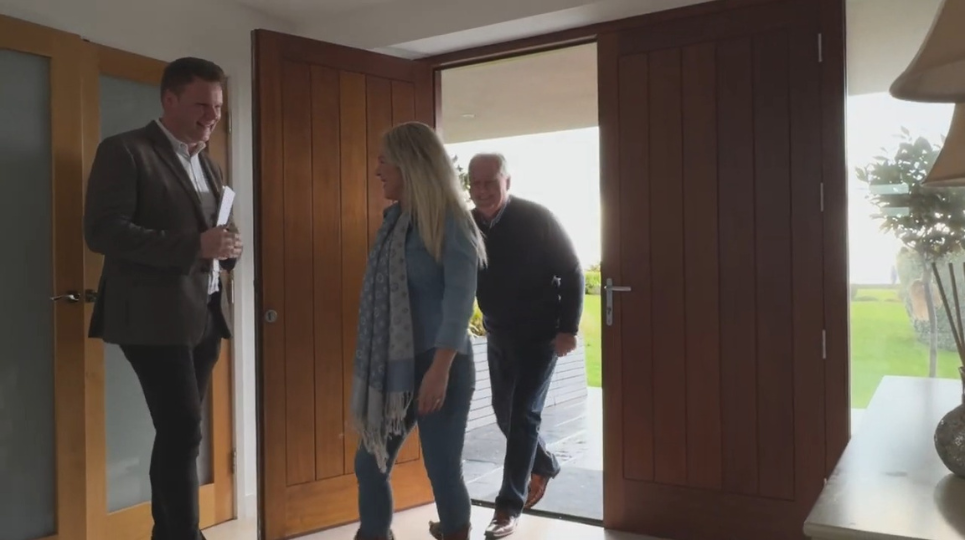
1. How long have the current owners been there and why are they selling?
When someone decides to put their home on the market after 20 years of growing in the property, it’s typically a sign that they’ve had a fantastic life here and have looked after it with care. If they’ve only been there a year and area already packing up, this might raise a few alarm bells, but don’t be shy about asking the reasons for the swift move.
Perhaps they have an unexpected arrival on the way and need more space, or they have to suddenly relocate for work - whatever the reason, it’s worthwhile asking the question so you can decide how you feel about it. If their circumstances mean they want to sell quickly, they may be more willing to negotiate on price, which may well be a benefit to some buyers on a tighter budget.
2. What's the property's history?
Sometimes when a home looks even better than the photos it can spark some overwhelming emotions. But make sure you scratch beneath the surface and check whether there’s anything you need to know about that isn’t immediately visible or apparent. Press for more information on the home’s condition if there have any problems such as structural issues or damp over the years, or present currently. This will mean you can have a good think about budgeting for potential maintenance work to be carried out if you were to have your offer accepted.
3. How long has the property been on the market - have there been any previous sales that have fallen through, and why?
If a property has been on the market for weeks on end, what’s putting people off? It simply could be a sign that it is has been overpriced by an inexperienced agent and buyers have found better deals elsewhere. Or, there could be other issues that are deterring potential buyers. For you, they might not be so much of a big deal, which could work in your favour if they seller is so keen to get things moving they’re open to lower offers. If previous sales have fallen through, this could be due to an adverse survey, so, again, it’s worth digging a little deeper and asking about this too.
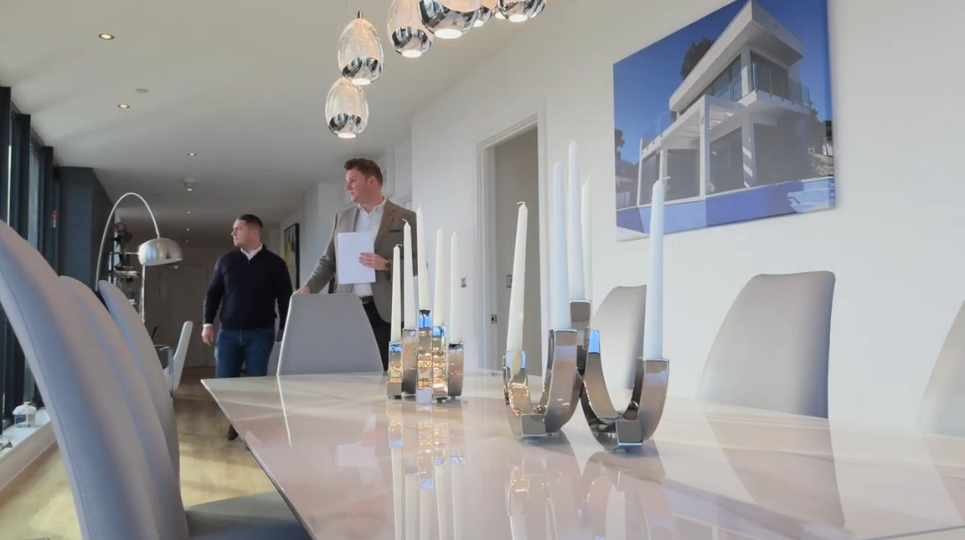
4. What recent works have been done to the property, have they got planning permission/building regulations?
Before buying, it's crucial to know about any recent renovations and ensure they comply with regulations. If proper permission wasn’t obtained for any recent works done (like an extension, for example) there’s a chance you’d need to tear it down if there are legal or safety issues. This might even lead to difficulties selling in the future. Knowing this helps assess the property's true value and avoids potential headaches down the road. Ask the seller:
- What renovations have been done (extensions, damp proofing, etc.)
- How old are the electrics and when were they last updated?
- Check about planning permission and building regulations - have all modifications had the necessary approvals?
5. How much are the bills and council tax?
Knowing your budget is crucial, and that includes knowing the amount of council tax that you’d be paying if you were to live in the property. From here you can compare it to what you currently pay and plan appropriately for the ongoing costs of owning the property. The amount of council tax that must be paid on a property can also give you some good information about the area itself, for example, higher council tax rates may mean the area has better local services or amenities, while areas with lower council tax rates may have fewer.
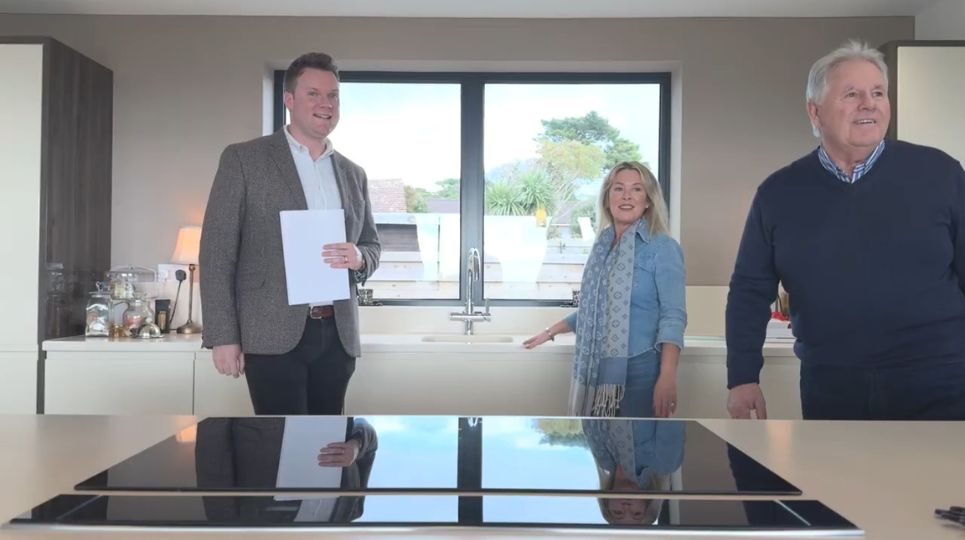
6. Is the property on a water meter & can you give an idea of monthly running costs?
Although everybody’s consumption is different, it’s always good to get an idea of what the current owners are paying, once again to help you with that all-important budgeting you’ll have to do when moving to a new home. If the estimated monthly running costs are high, it could indicate that the property has inefficient plumbing or heating systems, which could lead to higher ongoing costs and potential maintenance issues, so don’t forget to ask this one!
7. Are there any restrictions or restricted covenants on the property and are there any local planning applications affecting the property in the area?
Our sales team always make sure we come armed to our open house viewings with knowledge of the area and what’s going on in future in terms of planning. Restricted covenants are legal agreements that impose specific restrictions or requirements on the use of a property. For example, one of these may prohibit certain types of construction or alterations to the property, or may require it to be used for a specific purpose, such as residential use only.
If you purchase a listed property in particular or a property in a conservation area, there will be numerous restrictions to the changes you can make. It’s wise to know this in advance, so you can make an informed decision as to whether it will work for you, especially if you’ve got a big renovation project in mind.
Click here to access the Cardiff Council website section for planning applications.
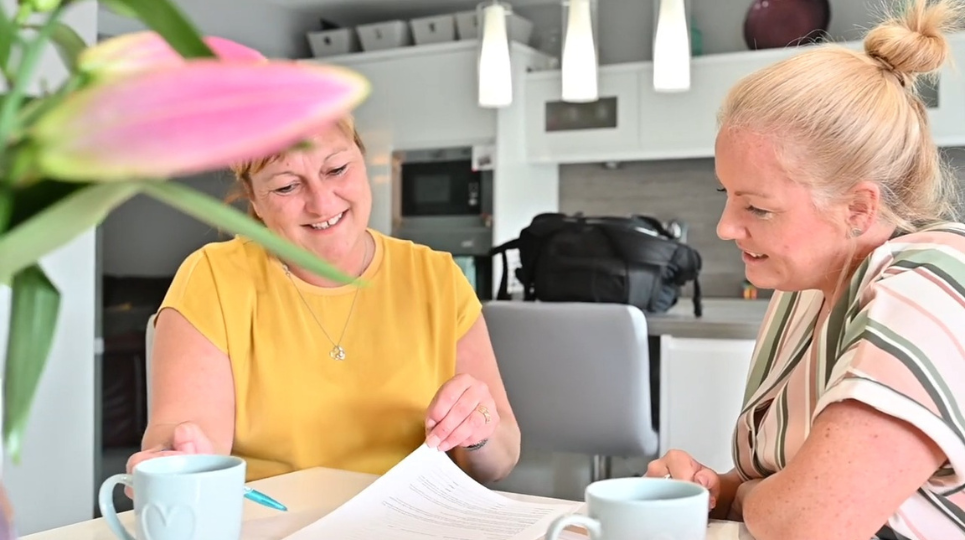
8. What's the neighbourhood like and who are the neighbours?
Don’t forget, you’re not just investing in a new house, but moving to a new area you’re going to call home for years to come. That's where we come in! We have the inside scoop on local schools, transportation options, crime rates and everything else you want to know about the neighbourhood. We listen closely to sellers, gathering all the details to help you make an informed decision.
So ask us everything, from what the traffic’s like at certain times or day or whether the next door neighbours tend to keep to themselves or a friendship has blossomed with the vendors over the years. You could even explore the neighbourhood on your own before or after the viewing, to get a more intimate feel for the area and whether it aligns with your lifestyle.
9. What’s the parking situation?
Not everyone owns a car, but even so, think about whether you imagine your family growing in the future and whether you’ll frequently have visitors who will need a place to park. Ask whether there is driveway parking available, if parking is on-street or off-street, and if there are any parking restrictions or permits required.
10. What are the owner’s favourite parts about living here, any hints/tips?
Now, this is a really lovely question to ask. It shows you really are interested in the type of lifestyle benefits the property has given the owners and what they’ll miss fondly when they move. We find sellers really warm to being asked this question and are more than happy to let us know of any hidden gems in the area, like lesser-known green spaces, or handy hints like which pub garden gets the best of the sun during the warmer months.
The responses we give you will also provide you with a sense of the care and attention the owners have put into the property and this emotional attachment and pride in the home is perhaps one that you can envision yourself having. Estate agents will notice this enthusiasm and it very well might come up in conversation when they’re discussing offers with the seller.
For all enquiries regarding buying or selling a property in Cardiff, contact us on 02920 454555 or email sales@cpshomes.co.uk.
The information contained within this article was correct at the date of publishing and is not guaranteed to remain correct in the present day.

